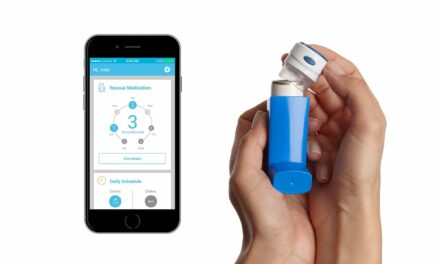A new study from Ohio State University examined the effectiveness of the 1997 national guidelines for asthma treatment in the 7 years following their issuance.
The guidelines, called the Expert Panel 2 Guidelines for the Diagnosis and Management of Asthma (EPR-2), recommended use of long-term controller medications with an emphasis on controlling environmental factors to help ease symptoms. The National Heart, Lung and Blood Institute issued ERP-2.
The research, published in the current issue of the journal Annals of Allergy, Asthma and Immunology, examined data from over 800 million asthma-related visits to doctors’ offices over the 7-year period following the release of ERP-2.
Researchers found that prescription practices based on expert recommendations improved just after ERP-2 was released, between 1998-2002. However, after 2003, the use of recommended medications began to decline after 2003.
In addition, patients were still being prescribed short-term, outdated symptom-relief medications, instead of the recommended long-term controller medications. Elderly patients and minorities were less likely to be prescribed the long-term controller medications than any other group of patients.
Researchers suggest that one reason for these results is a lack of physician training. A lung or allergy specialist treated only one third of the patients in the survey.
“Just putting out these guidelines may not be enough. I think physicians need to be educated about the importance of properly medicating asthma patients, and patients need to be educated about the treatment alternatives available to them,” says Rajesh Balkrishnan, the Merrell Dow professor of pharmacy at Ohio State.
The ERP-3 guidelines were issued in 2007 with updated recommendations similar to those of ERP-2.









